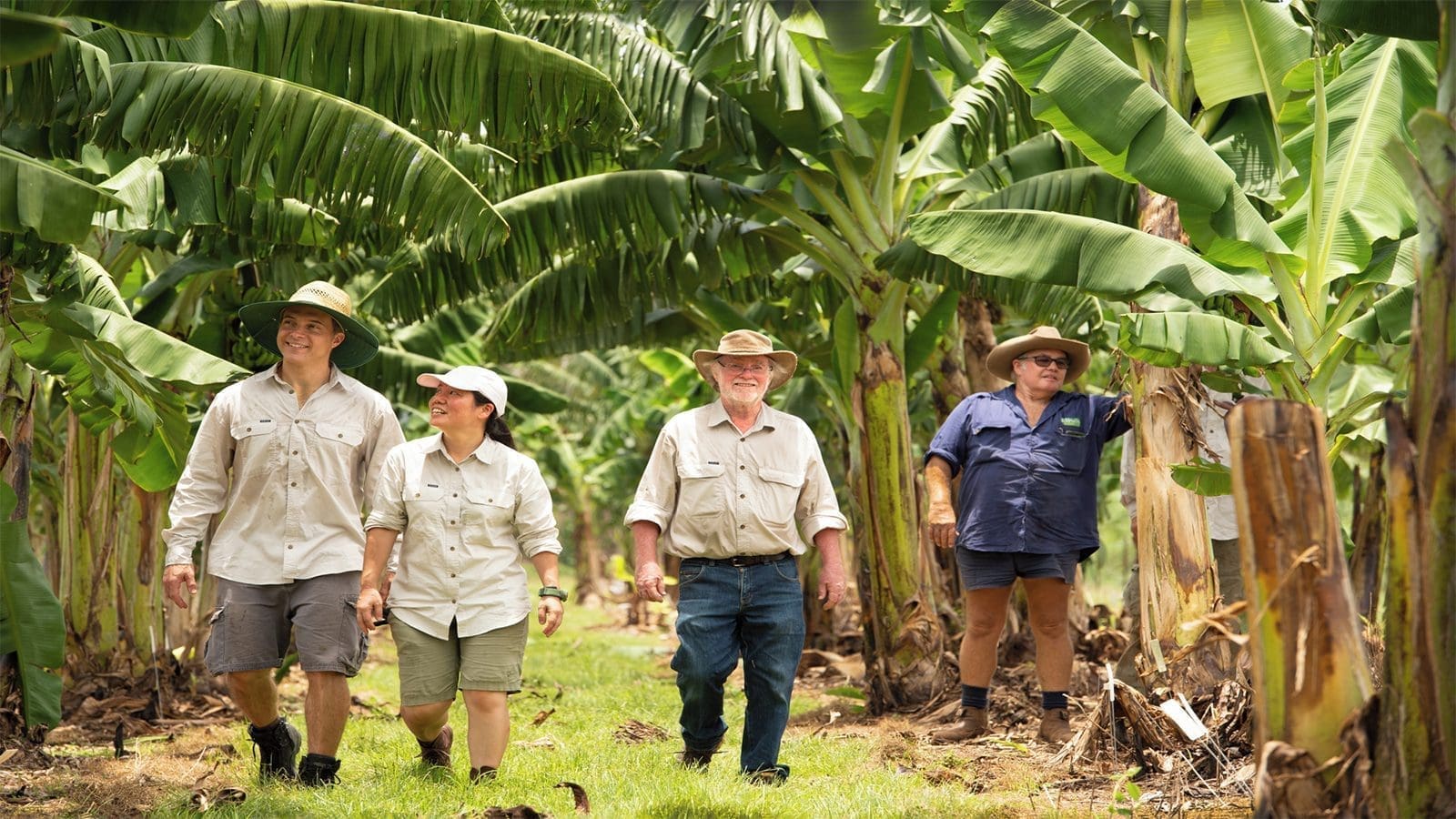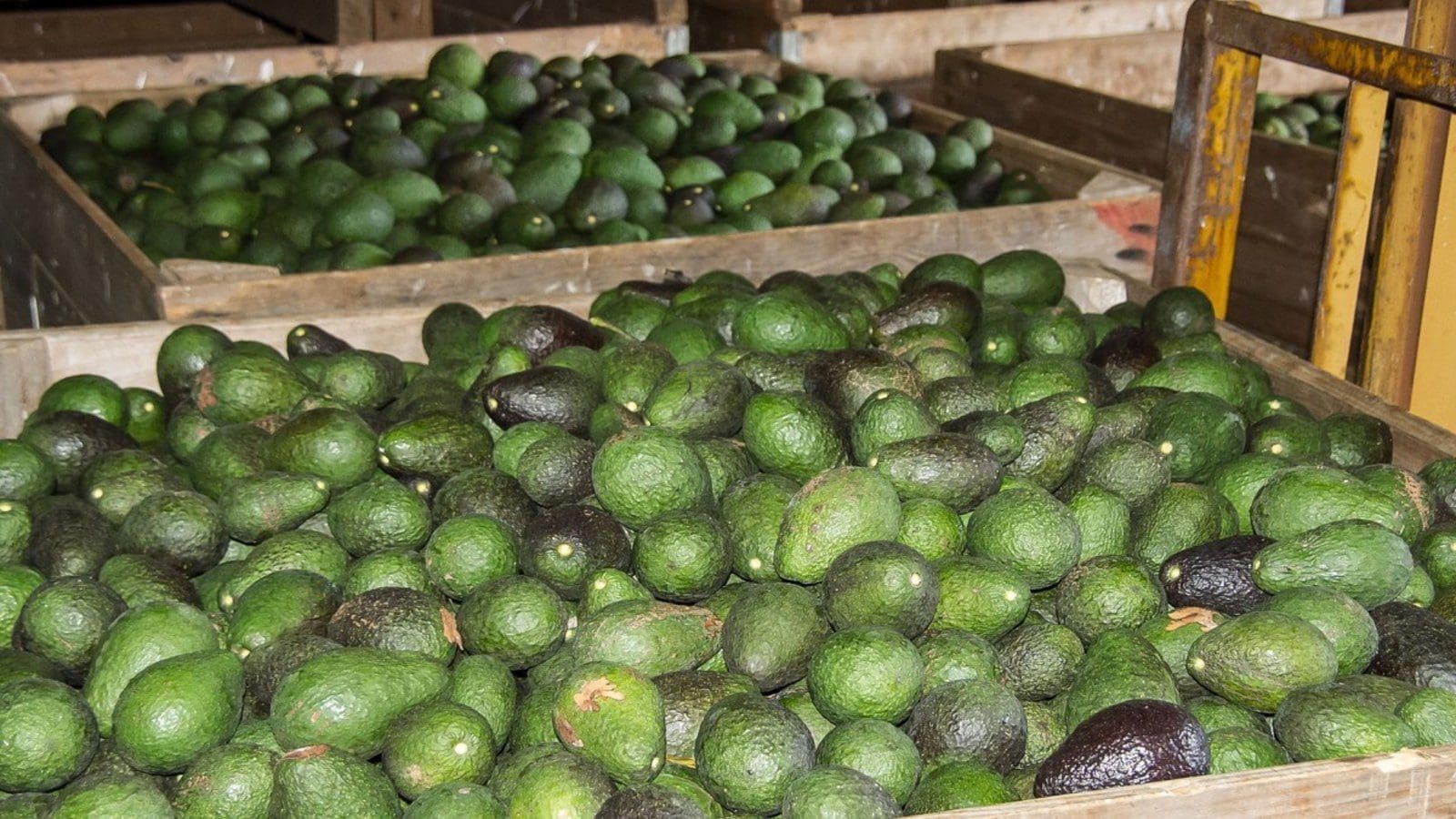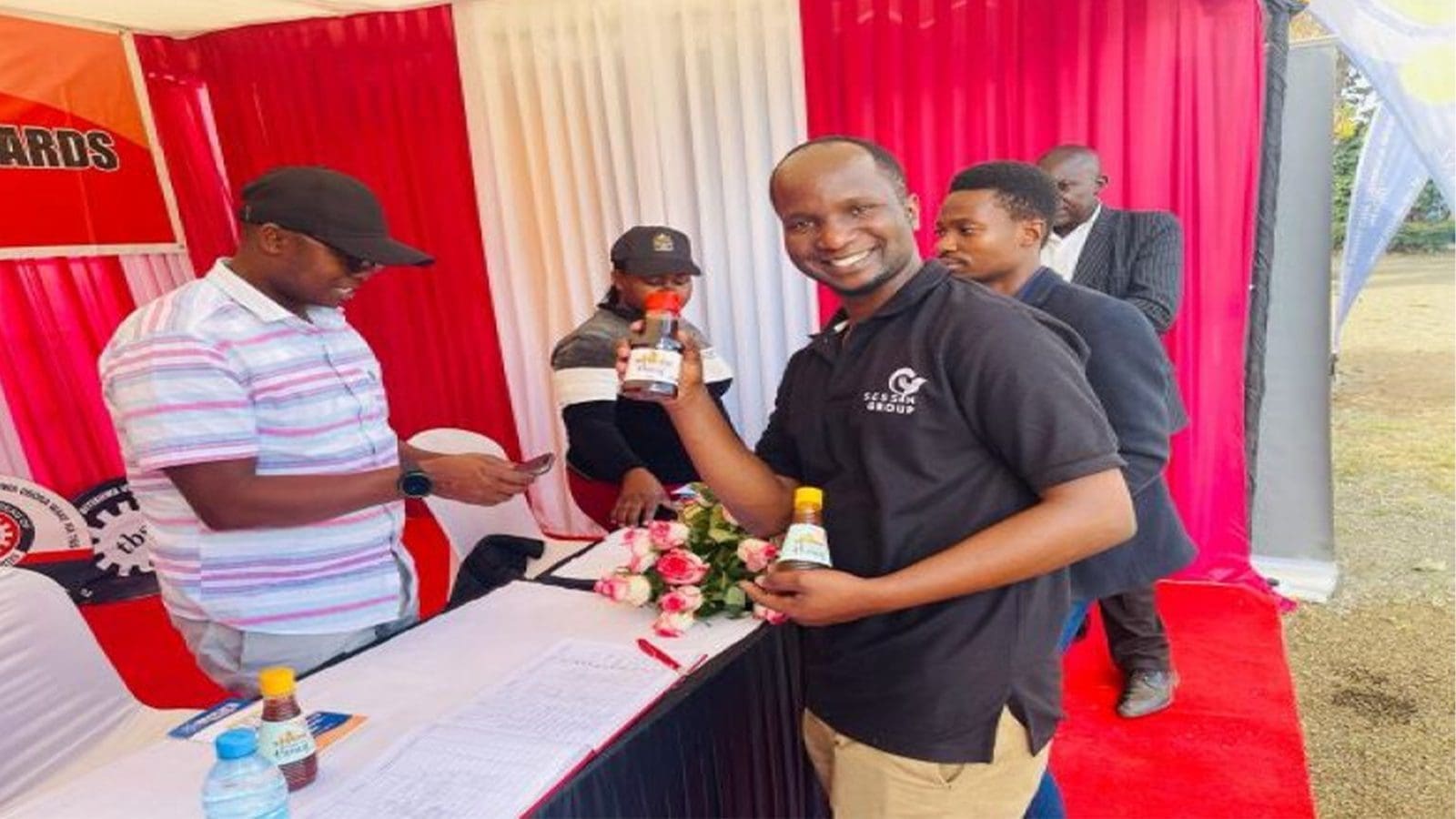AUSTRALIA – Australia’s Queensland University of Technology (QUT) is applying to the Gene Technology Regulator (OGTR) for permission to commercially cultivate genetically modified (GM) banana plants that have been engineered to withstand Fusarium wilt tropical race 4, popularly known as Panama disease.
The GM banana plants are not intended to replace the Cavendish banana crop now grown in Australia; rather, QUT wants to give the nation’s banana industry a safety net in case Panama disease has a significant negative influence on it.
“This is the first whole GM fruit to be assessed by FSANZ. If approved, it would also be a world-first approval for a GM banana.
“The food sector is seeing rapid innovation and change in products and markets globally. FSANZ’s primary role is to ensure a safe food supply so Australian and New Zealand consumers can be confident the foods they choose to buy are safe to eat,” said Dr Sandra Cuthbert, CEO, FSANZ.
In the Northern Territory, QCAV-4 bananas have been produced in field trials for more than six years and have shown to be highly resistant to Panama Disease TR4. This variety was developed in collaboration with the government and industry.
The Cavendish banana industry in Asia has already been severely hampered by the disease which also affects Australia’s Northern Territory and North Queensland.
A single gene, RGA2, from the wild, south-east Asian banana, Musa acuminata ssp malaccensis, was used to bioengineer QCAV-4, a Cavendish Grand Nain banana. The RGA2 gene is already present in Cavendish bananas, but it is dormant.
The GM banana also has an antibiotic marker gene that was chosen as a plant for study purposes.
“The devastating Panama Disease TR4 is caused by a soil-borne fungus that stays in the ground for more than 50 years, wiping out banana crops and destroying farms for generations.
“It is a huge problem. It has devastated Cavendish plantations in many parts of the world and could cripple the Cavendish banana export industry worldwide,” Professor Dale said.
The Gene Technology Regulator will evaluate potential dangers associated with the commercial production of GM banana plants to both people and the environment.
Assessment of application A1274 – Food derived from disease-resistant banana line QCAV-4 will include molecular, chemical, compositional, and nutritional assessments and consideration of the scientific evidence relating to the safety of GM food. The assessment is expected to take around 9 months.
A risk management plan to manage any risks posed by gene technology will also be published by the Gene Technology Regulator. The OGTR risk analysis for this application will be carried out in accordance with the Regulator’s Risk Analysis Framework.
QUT has also applied to Food Standards Australia and New Zealand (FSANZ) for the fruit and other products of this GM banana to be sold as food. Permission for the GM banana and its products to be sold as food for human consumption in Australia requires a separate regulatory assessment and approval from FSANZ.
Assessment process
The Gene Technology Regulator will also release a risk management plan to address potential hazards brought on by gene technology. The Regulator’s Risk Analysis Framework will be followed in doing the OGTR risk analysis for this application.
To aid in the decision-making process, the regulator is seeking advice from a broad range of experts, agencies and authorities, and relevant local councils.
However, no public consultation will occur yet. The OGTR will prepare a consultation version of the Risk Assessment and Risk Management Plan (RARMP) for the application from advice received from stakeholders.
Thereafter, a public consultation on the RARMP anticipated to start in August 2023 will occur.
Further recommendations will also be sought from experts, organizations, and authorities for a period of 30 days before a final decision is made.
If the product is approved by FSANZ, Australian and New Zealand food ministers will have 60 days to review FSANZ’s decision.
“Consumers can have trust and confidence in FSANZ’s independent scientific assessment. We develop world-leading standards and our experts have a strong track record of assessing the safety of novel foods.
“We will invite public submissions on any proposed changes to the Australia New Zealand Food Standards Code resulting from our assessment of this application,” Cuthbert reassured.
For all the latest food safety news from Africa and the World, subscribe to our NEWSLETTER, follow us on Twitter and LinkedIn, like us on Facebook and subscribe to our YouTube channel.








